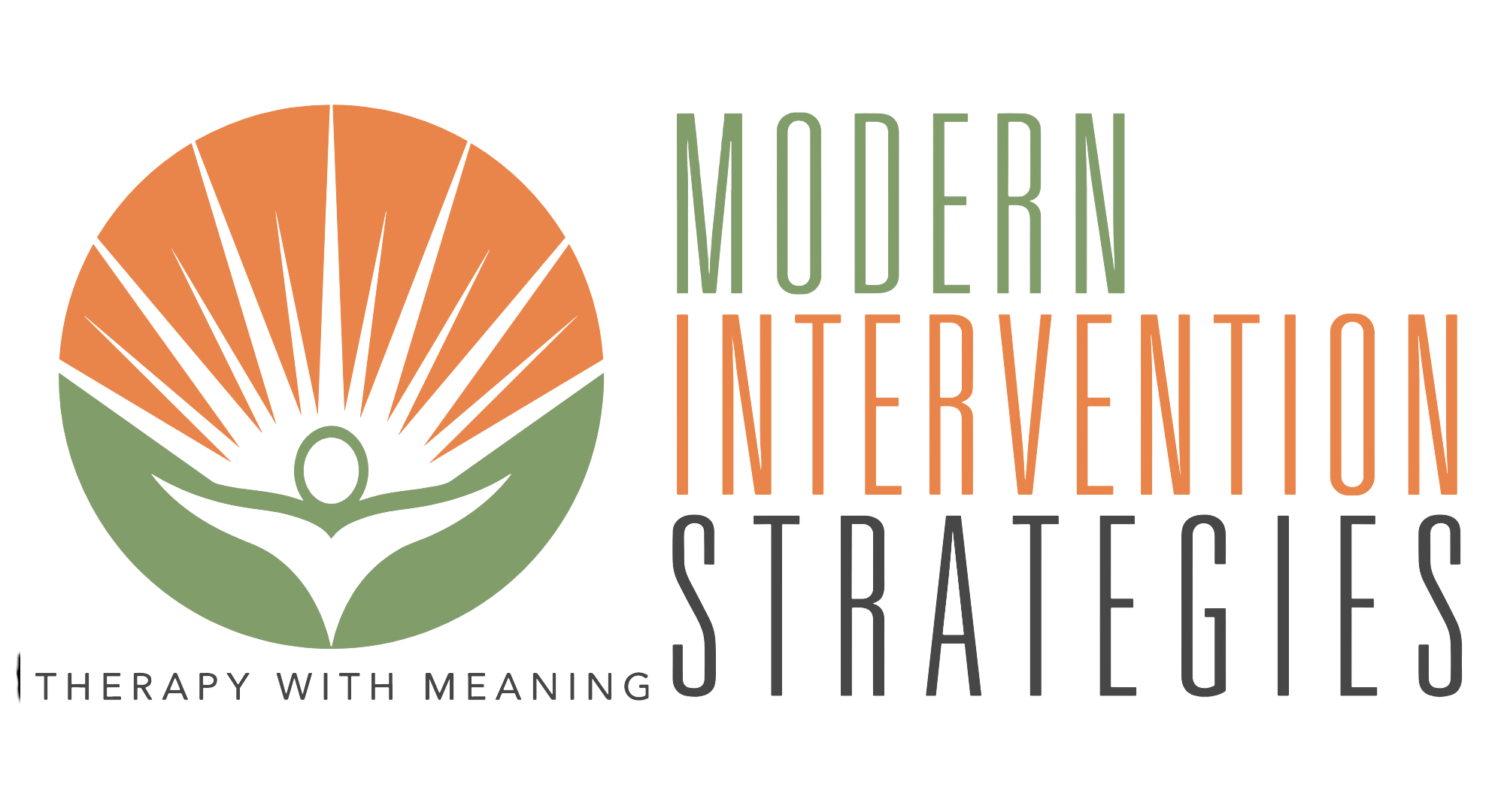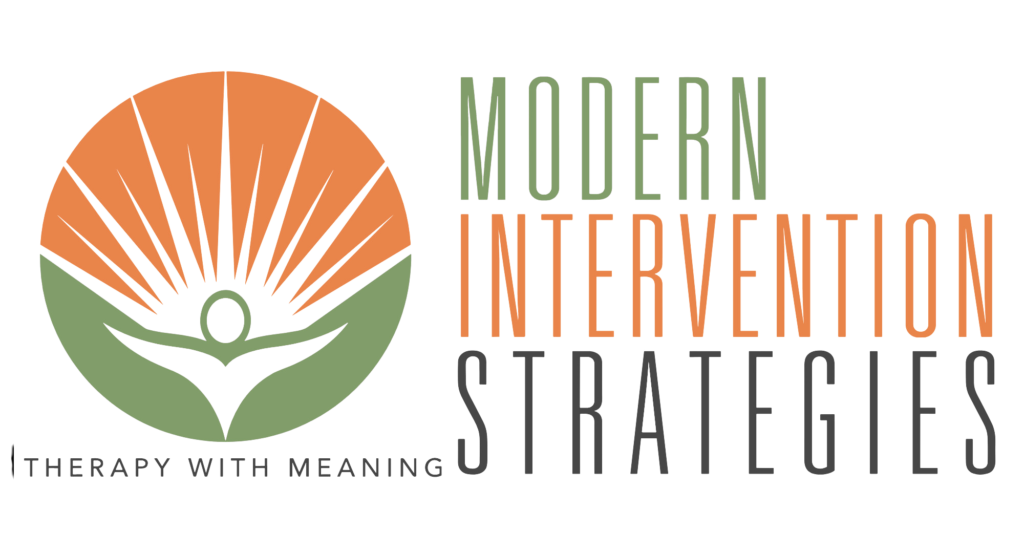One important step in stress management is recognizing stress’s physical and emotional signs, such as headaches, fatigue, irritability, and difficulty sleeping. By being mindful of these indicators, you can proactively address stress before it becomes unmanageable. Everyone experiences stress differently. What triggers stress in one person may not affect another person in the same way.
Stress is a complex phenomenon that a wide range of factors, including work, relationships, finances, health, and more, can trigger. By understanding what triggers your stress response, you can begin to pay attention to the warning signs and take steps to manage your stress before it spirals out of control.

What are some common Stress triggers?
Stress is a common experience that we encounter in our daily lives. Stress can be triggered by a range of factors, including work, relationships, finances, and health. However, it is essential to recognize the common stress triggers to avoid experiencing chronic stress, which could lead to various health problems.
Some of the most common triggers of stress include work-related issues, such as job insecurity and long hours. Work-related stress can be induced by a heavy workload, lack of job security, conflict with colleagues, or long working hours. To manage work-related stress, it is recommended to prioritize tasks, have effective communication with colleagues, and take regular breaks to avoid burnout.
Other triggers can include relationship problems, financial stress, health concerns, and major life changes, such as moving or getting married. Family conflicts, romantic breakups, or social disconnections can induce relationship-related stress. To manage relationship-related stress, it is essential to establish healthy communication, understand the needs of others, and seek support from loved ones.
Financial stress is also a common stress trigger. It can be induced by debt, unemployment, or insufficient funds to meet one’s needs. To manage financial stress, it is recommended to create a budget, avoid overspending, and seek financial advice if necessary.n
Health-related stress is another common trigger that can be induced by illness, physical injuries, or chronic pain. To manage health-related stress, seeking medical attention, practicing self-care, and maintaining a healthy lifestyle is essential.

Categories or themes for the most common triggers of stress
- Work-related triggers – Stressors related to work, such as pressure to meet deadlines, workload, job insecurity, and difficult colleagues or bosses.
- Personal relationship triggers – Stressors related to personal relationships, such as conflicts with family members, spouse, or friends, or social isolation.
- Financial triggers – Stressors related to financial matters, such as debt, job loss, or unexpected expenses.
- Lifestyle triggers – Stressors related to lifestyle factors, such as poor sleep, lack of exercise, unhealthy diet, or excessive use of technology.
But what can you do about it?
By learning how to manage these triggers, you can build resilience and cope better with stress in your daily life. One important step in stress management is recognizing stress’s physical and emotional signs, such as headaches, fatigue, irritability, and difficulty sleeping. By being aware of these warning signals, you can take action to manage stress before it becomes overwhelming.
From practicing mindfulness and deep breathing to regular exercise and seeking support from loved ones, many ways exist to reduce stress and improve your overall well-being. By taking action and making small changes to your daily routine, you can stress-proof your life and live with greater peace of mind.
Other effective stress management strategies include practicing self-care, setting boundaries, and practicing relaxation techniques such as meditation or yoga. It is important to have a support system, whether friends, family members, or mental health professionals, to help manage stress.
Remember that stress management is a journey, not a destination. It takes time and practice to build resilience and cope with stress effectively. Don’t be afraid to try different strategies and see what works for you. And most importantly, be kind to yourself along the way.n
By paying attention to your stress levels, taking action to manage stress, and seeking support when you need it, you can build resilience and enjoy a more balanced, fulfilling life. Addressing these triggers can reduce stress, improve your overall well-being, identify which ones apply to your life, and take steps to manage them.
Stress-proofing your life is not about eliminating stress altogether but rather about learning how to manage it in a healthy and effective way. Stress is an inevitable aspect of life, but by recognizing and managing common stress triggers, we can stress-proof our lives and achieve a healthy and balanced lifestyle.
We need to prioritize self-care and seek support from our loved ones when necessary. With these measures in place, we can manage stress effectively and prevent its adverse effects on our physical and mental health.







